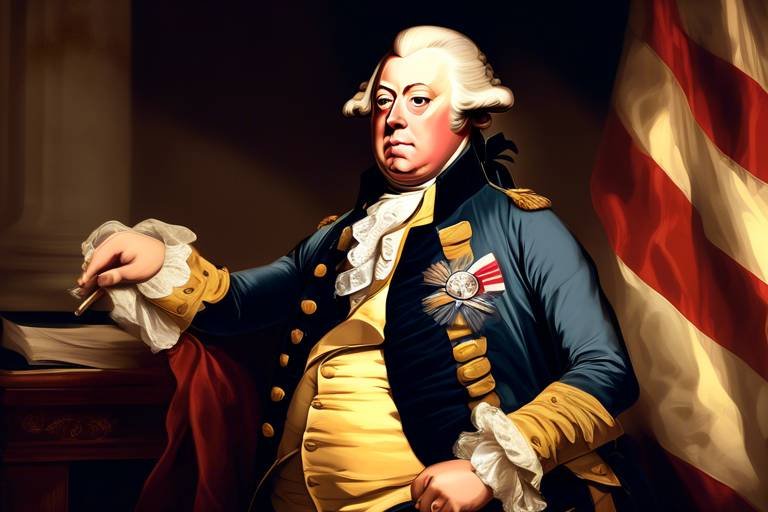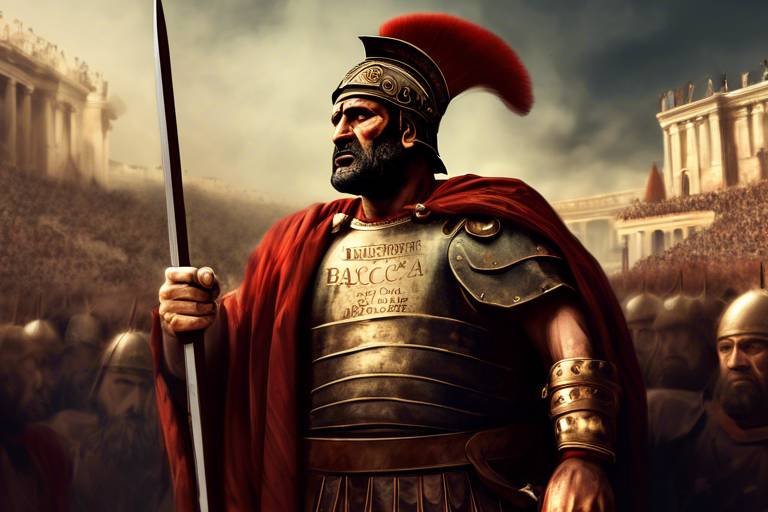Trajan: The Optimus Princeps
Trajan, known as the Optimus Princeps, was a remarkable figure in Roman history, revered for his exceptional leadership and significant contributions to the Empire. Born in Spain, Trajan rose to power during a tumultuous period following the reign of Domitian, showcasing his military prowess and strategic acumen.
His military campaigns were legendary, with victories in the Dacian Wars and the conquest of Mesopotamia expanding the Roman Empire to its greatest territorial extent. Trajan's triumphs on the battlefield solidified his reputation as a skilled commander and a conqueror of great ambition.
However, Trajan was not just a warrior; he was also a visionary architect. His architectural legacy, including iconic structures like Trajan's Column and the Forum of Trajan, exemplified his dedication to urban development and the enhancement of public infrastructure. These grand projects stood as testaments to his commitment to the prosperity of Rome and its citizens.
Beyond his military and architectural achievements, Trajan was a leader who cared deeply for the welfare of his people. He implemented social reforms and welfare programs that improved the lives of Roman citizens, providing public baths, food distribution, and other initiatives that set a standard for future rulers to follow.
His relationship with the Senate and the common people was marked by diplomacy and accessibility. Trajan skillfully managed the delicate balance of power, maintaining the support of the Senate while remaining connected to the populace through his benevolent rule and inclusive governance.
Despite facing challenges in securing a successor, Trajan left a lasting legacy that shaped the course of Roman history. His reign influenced future emperors and left an indelible mark on the administration, culture, and military strategy of the Roman Empire and beyond.
Modern historical evaluations of Trajan's reign offer varied perspectives, with debates over his aggressive military campaigns and his title as Optimus Princeps. However, his impact on the Roman Empire and subsequent societies cannot be denied, as his legacy continues to resonate through the annals of history.
From the heights of his military conquests to the depths of his social reforms, Trajan's legacy as the Optimus Princeps endures as a testament to the power of leadership and the enduring impact of a visionary ruler.
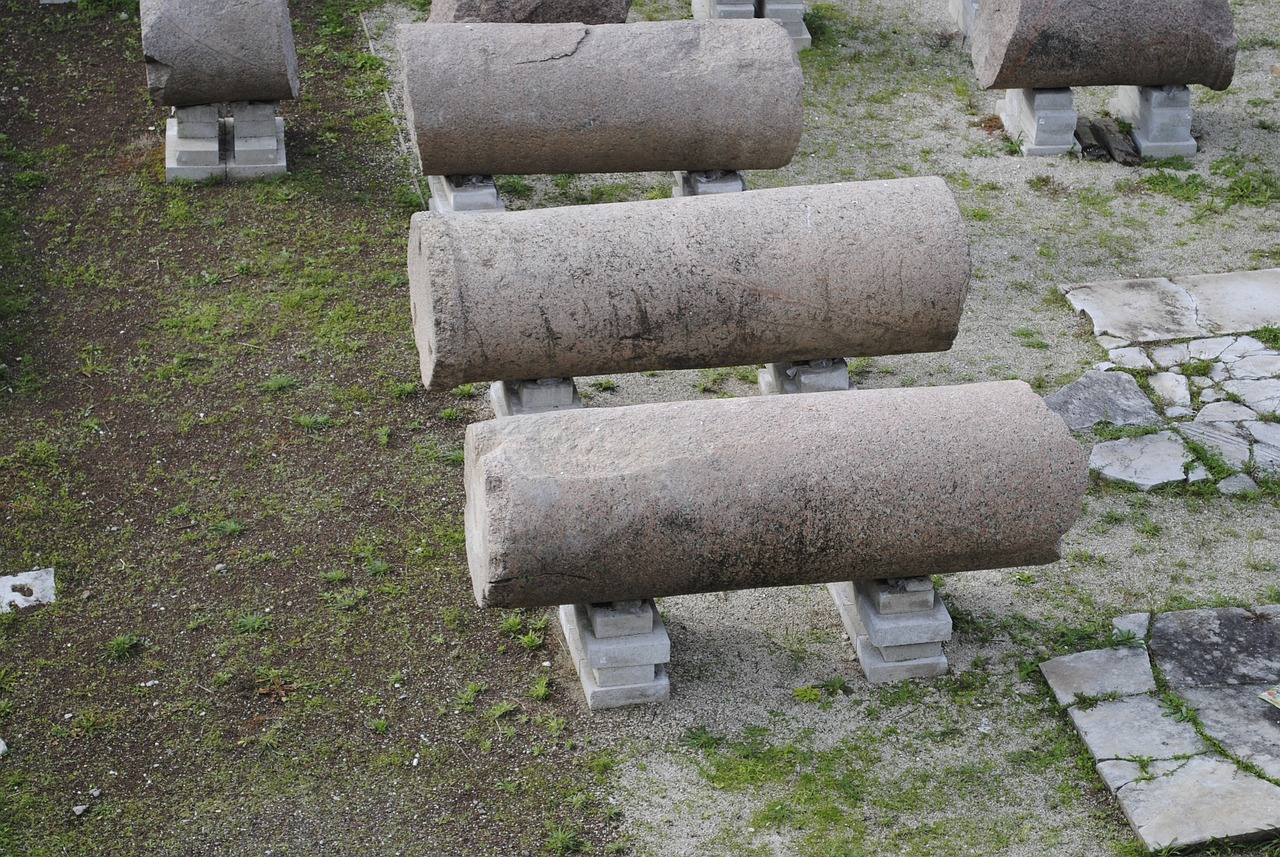
Early Life and Rise to Power
Exploring the life and reign of Trajan, one of Rome's most successful emperors known for his military conquests, public works, and social welfare programs during the peak of the Roman Empire.
Tracing Trajan's humble beginnings in Spain to his ascension as emperor after the controversial reign of Domitian, showcasing his military and leadership skills.
Born in 53 AD in Italica, a Roman colony in Spain, Trajan came from a non-aristocratic background. Despite his modest origins, he excelled in the military, rising through the ranks due to his strategic acumen and bravery on the battlefield. His early career saw him commanding legions in various provinces, earning the respect and loyalty of his soldiers.
After the tumultuous reign of Emperor Domitian, Trajan's reputation as a capable and just leader garnered him widespread support among the Roman people and the Senate. In 98 AD, following Domitian's assassination, Trajan was hailed as the new emperor, marking the beginning of his transformative rule.
His rise to power was not without challenges, as he faced opposition from certain factions within the Roman elite who questioned his legitimacy. However, Trajan's decisive actions and commitment to restoring stability to the empire solidified his position as the Optimus Princeps, the best ruler.
Throughout his early years as emperor, Trajan demonstrated a keen understanding of governance and a vision for the empire's future. His leadership style emphasized inclusivity and consultation with advisors, setting a precedent for a more collaborative approach to decision-making within the imperial court.
As Trajan consolidated his power and implemented reforms to address pressing issues facing the empire, his reputation as a wise and benevolent ruler continued to grow, earning him the admiration of both the Senate and the common people.
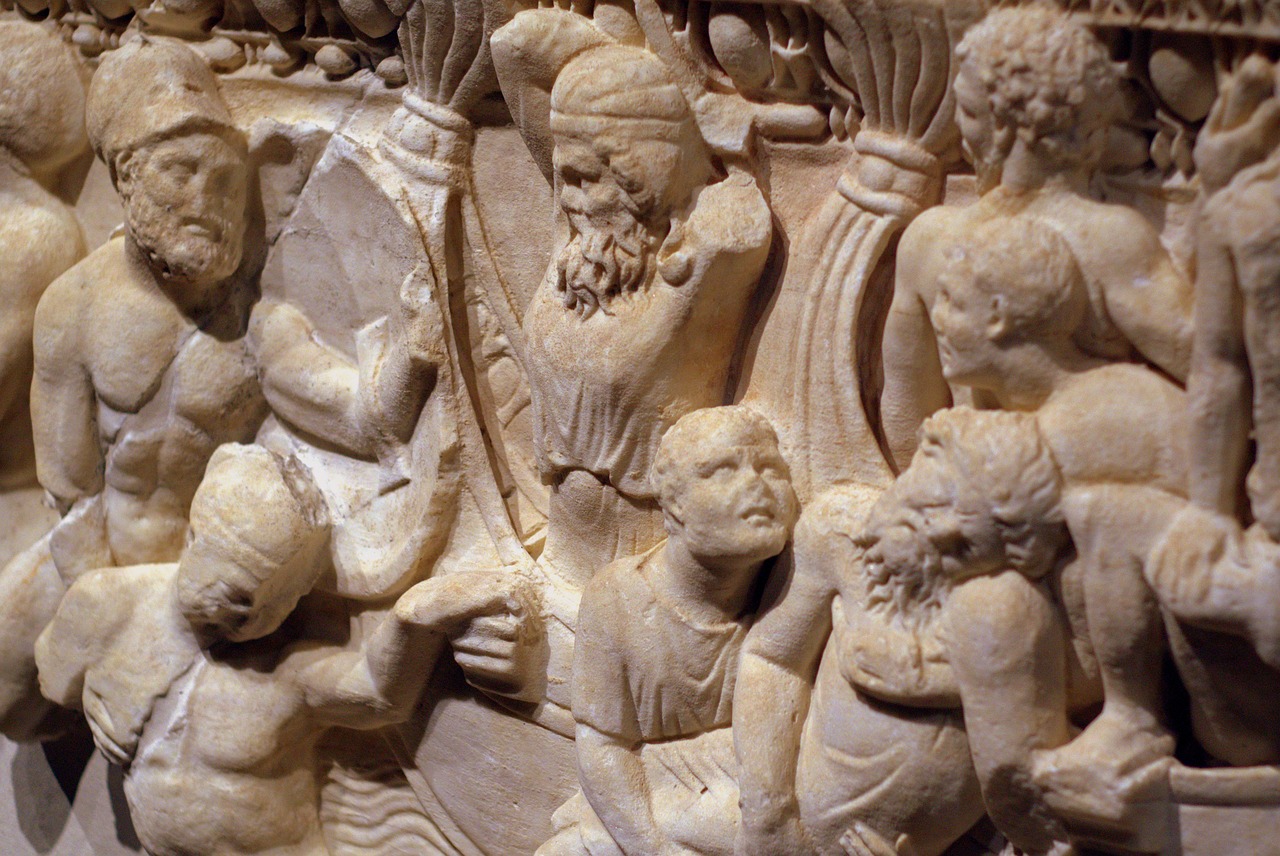
Military Campaigns and Expansion
During his reign, Trajan was renowned for his successful military campaigns that expanded the Roman Empire to its greatest territorial extent. One of his most notable conquests was the Dacian Wars, where Trajan's legions defeated the Dacian king Decebalus, leading to the annexation of Dacia as a Roman province. This victory not only showcased Trajan's military prowess but also solidified his reputation as a formidable commander.
Furthermore, Trajan's expansionist ambitions extended to the east, culminating in the conquest of Mesopotamia. This campaign resulted in the annexation of territories such as Armenia and Assyria, bringing immense wealth and resources to the Roman Empire. Trajan's military campaigns not only secured new territories but also enriched Rome both economically and culturally.
One of the key strategies that contributed to Trajan's military success was his emphasis on infrastructure development. By constructing roads, bridges, and fortifications, Trajan ensured efficient supply lines and communication networks for his armies, enabling swift and coordinated military operations across vast territories.
Moreover, Trajan's military campaigns were not solely focused on conquest but also aimed at establishing Roman influence and civilization in newly acquired regions. His policies of Romanization promoted the spread of Roman culture, law, and governance, leaving a lasting legacy in the conquered territories.

Architectural Legacy
Trajan's architectural legacy stands as a testament to his vision and commitment to urban development. One of his most iconic projects is Trajan's Column, a towering structure adorned with intricate reliefs depicting his military victories. This masterpiece not only served as a commemoration of his conquests but also as a propaganda tool to glorify his reign and inspire awe among the Roman citizens.
Furthermore, the Forum of Trajan, a grand complex featuring a basilica, markets, and a temple, showcased Trajan's dedication to creating public spaces that fostered social interaction and commerce. The architectural marvel not only beautified Rome but also provided practical amenities for its inhabitants, reflecting Trajan's concern for the well-being of his people.
In addition to these grand projects, Trajan's Bridge over the Danube River in present-day Romania was a marvel of engineering, demonstrating his ability to overcome geographical obstacles for military purposes. The bridge not only facilitated troop movements but also symbolized Rome's dominance over the natural landscape, solidifying Trajan's legacy as a conqueror and builder.
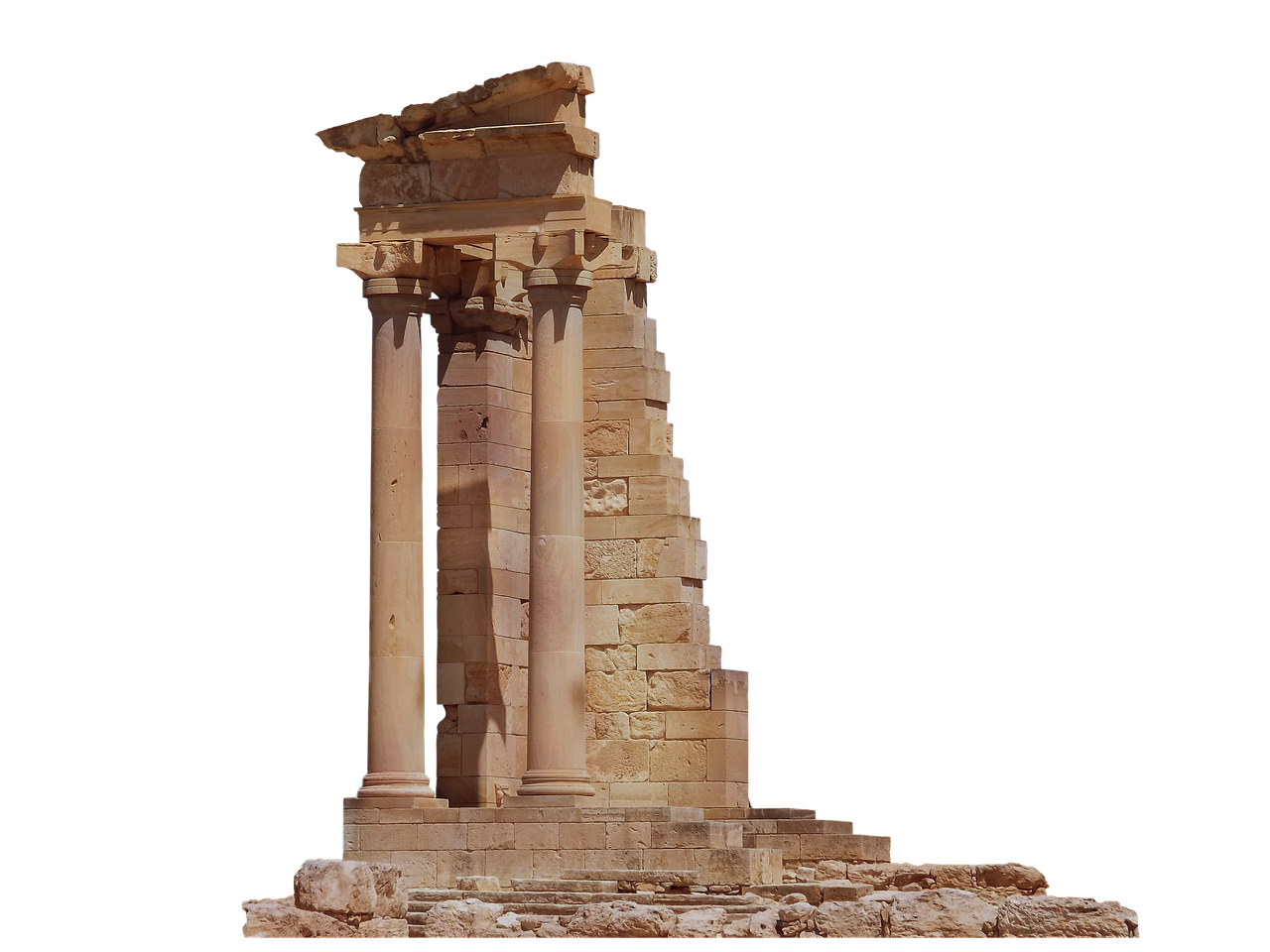
Social Reforms and Welfare Programs
During his reign, Trajan implemented a series of groundbreaking social reforms and welfare programs that aimed to improve the lives of Roman citizens across the empire. His initiatives went beyond mere governance, reflecting a genuine concern for the well-being of his people. Trajan's vision encompassed various aspects of public welfare, ranging from infrastructure development to food distribution, setting a new standard for future emperors to follow.
One of Trajan's most notable contributions was the establishment of public welfare programs that provided essential support to the less fortunate members of Roman society. These programs included subsidized grain distribution, free public baths, and financial assistance for impoverished citizens. By prioritizing the welfare of the people, Trajan demonstrated a level of empathy and compassion rarely seen in the rulers of his time.
In addition to his welfare initiatives, Trajan also focused on urban development projects aimed at enhancing the quality of life in Roman cities. His ambitious architectural endeavors, such as the construction of Trajan's Forum and the impressive Trajan's Column, not only beautified the urban landscape but also served practical purposes, showcasing his commitment to public infrastructure.
Furthermore, Trajan's emphasis on social reforms extended to the realm of education and culture. He supported the expansion of public libraries and promoted intellectual pursuits, recognizing the importance of education in fostering a knowledgeable and enlightened society. By investing in cultural institutions, Trajan sought to enrich the lives of his subjects and promote a sense of civic pride.
Overall, Trajan's social reforms and welfare programs represented a significant departure from the traditional autocratic rule of Roman emperors. His progressive policies aimed to uplift the disadvantaged, promote civic engagement, and create a more inclusive society. Through his visionary leadership in the realm of social welfare, Trajan left a lasting legacy that transcended his military conquests and architectural achievements, earning him a place among the most revered emperors in Roman history.

Relationship with the Senate and People
When it came to Trajan's relationship with the Senate and the people, he was known for his adept diplomatic skills and ability to maintain a harmonious balance of power. Unlike some of his predecessors, Trajan understood the importance of working closely with the Senate to ensure stability and legitimacy in his rule. By consulting with the Senate on key decisions and respecting their authority, Trajan managed to secure their support and cooperation, which was crucial for the smooth functioning of the empire.
Moreover, Trajan was highly regarded by the Roman people for his benevolent rule and accessibility. He made a concerted effort to connect with the common citizens, often appearing in public without the pomp and grandeur typical of an emperor. This approach endeared him to the people, who saw him as a leader who genuinely cared about their well-being and prosperity. Trajan's popularity among the masses was further bolstered by his initiatives to improve public welfare, such as the construction of public baths and the distribution of free or subsidized food.
Furthermore, Trajan's military successes and expansion of the empire also played a significant role in solidifying his relationship with both the Senate and the people. His conquests brought wealth and glory to Rome, enhancing his reputation as a capable leader and protector of the empire. The victories in the Dacian Wars and the annexation of Mesopotamia not only expanded Roman territory but also boosted the morale of the citizens, who took pride in their emperor's military achievements.
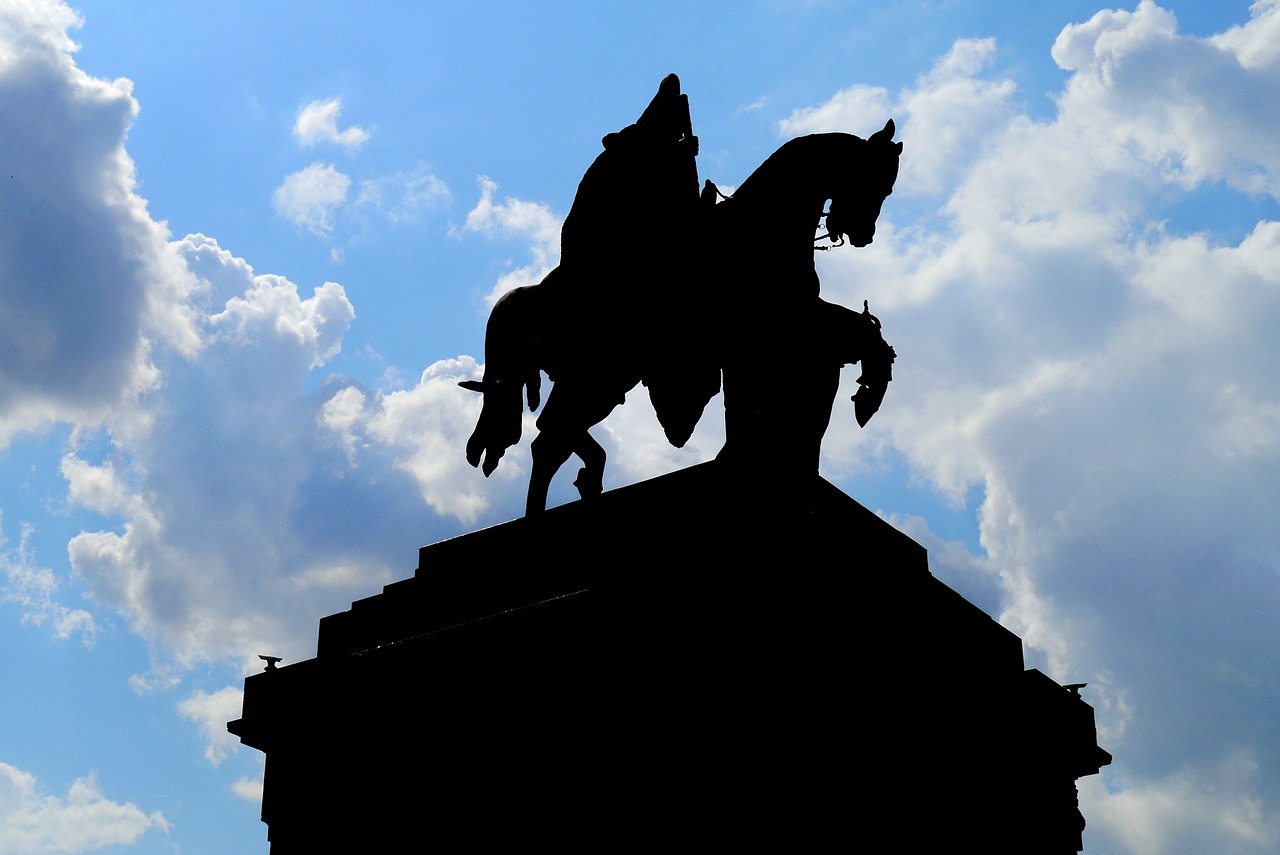
Succession and Legacy
After a triumphant reign marked by military victories and ambitious public projects, Trajan faced the inevitable question of succession. With no biological heir, he adopted Hadrian, a decision that would have significant repercussions for the future of the Roman Empire. Hadrian, known for his intellectual pursuits and interest in architecture, succeeded Trajan as emperor, ushering in a period of consolidation and cultural flourishing.
Despite his military prowess, Trajan's legacy extended beyond conquests. His emphasis on social welfare programs and infrastructure development set a precedent for future rulers, emphasizing the importance of public welfare alongside military might. The Forum of Trajan, a grand architectural project in Rome, stands as a testament to his commitment to urban planning and public spaces.
As Hadrian took the reins of power, he continued Trajan's policies while also implementing his own vision for the empire. The stability and prosperity achieved during Trajan's rule provided a strong foundation for Hadrian to build upon, ensuring a smooth transition of power and continuity in governance.
While Trajan's aggressive military campaigns have been subject to criticism in modern times for their human and financial costs, his title as "Optimus Princeps" (the best ruler) reflects the admiration and respect he garnered during his lifetime. His legacy as a capable administrator, military leader, and benefactor of the Roman people endures in historical evaluations and continues to shape perceptions of imperial rule.

Historical Evaluations and Criticisms
Historical evaluations of Trajan's reign have varied over time, reflecting the complexity of his rule. Many historians praise Trajan as a capable and successful emperor, often referring to him as Optimus Princeps, the best ruler. His military conquests, public works, and social welfare programs have been lauded for their positive impact on the Roman Empire. Trajan's expansion of the empire to its greatest territorial extent through the Dacian Wars and the conquest of Mesopotamia is often seen as a testament to his military prowess and strategic acumen.
However, not all historical assessments of Trajan are positive. Some critics argue that Trajan's aggressive military campaigns were excessive and contributed to the eventual decline of the empire by overextending its resources. The heavy taxation required to fund Trajan's conquests also placed a significant burden on the Roman population, leading to economic strain and social unrest in the long term.
Moreover, debates continue among historians regarding Trajan's title of Optimus Princeps. While some view it as a fitting recognition of his achievements and benevolent rule, others question whether it glosses over the more controversial aspects of his reign, such as the treatment of conquered peoples and the sacrifices made by Roman citizens to support his ambitious projects.

Optimus Princeps.
Optimus Princeps, a title bestowed upon Trajan, signifies the "best ruler" or the "best leader" in Latin. This epithet encapsulates Trajan's reputation as an exceptional emperor who prioritized the welfare of his people and the stability of the Roman Empire. Known for his military prowess, administrative skills, and benevolent governance, Trajan's reign marked a golden era in Roman history. The title Optimus Princeps not only reflects Trajan's achievements but also underscores his enduring legacy as a model ruler for future leaders to emulate.
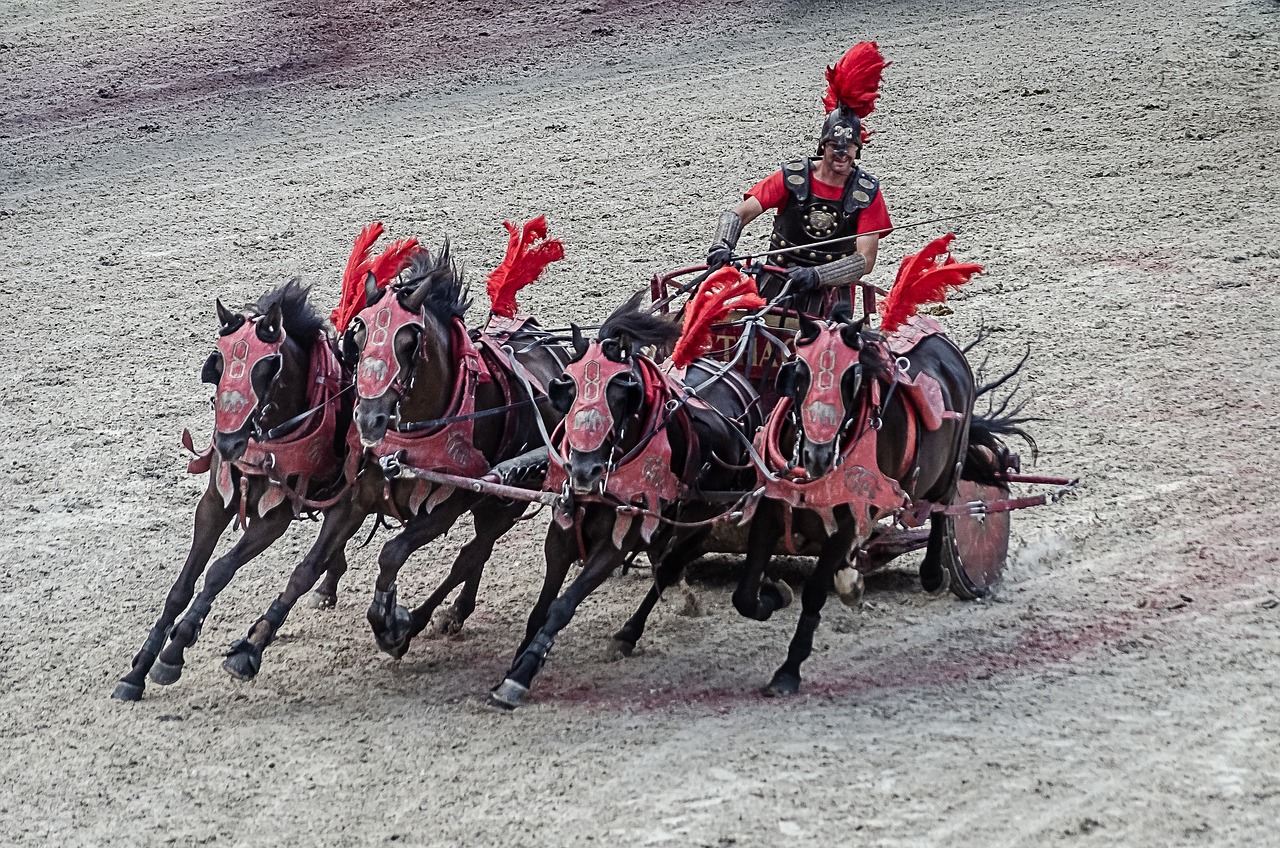
When delving into modern historical perspectives on Trajan's reign, it becomes evident that opinions are varied and often contentious. While many historians praise Trajan as one of Rome's greatest emperors, lauding his military prowess and benevolent rule, others raise valid criticisms regarding the cost of his ambitious military campaigns and the extent of his imperial reach. Some argue that Trajan's aggressive expansionism strained the empire's resources and led to long-term consequences that subsequent rulers had to grapple with.
Moreover, the title of 'Optimus Princeps,' meaning the 'Best Ruler' or 'Ideal Leader,' bestowed upon Trajan by the Senate, is a subject of debate among scholars. Some view it as a fitting recognition of his achievements and character, while others question whether it was an accurate portrayal of his reign, considering the complexities and challenges faced during his rule.
It is essential to consider these contrasting viewpoints to gain a comprehensive understanding of Trajan's legacy and the impact of his decisions on the Roman Empire's trajectory. By critically analyzing historical evaluations and criticisms, we can appreciate the nuances of Trajan's reign and the enduring debates that continue to shape our interpretation of this influential figure in Roman history.
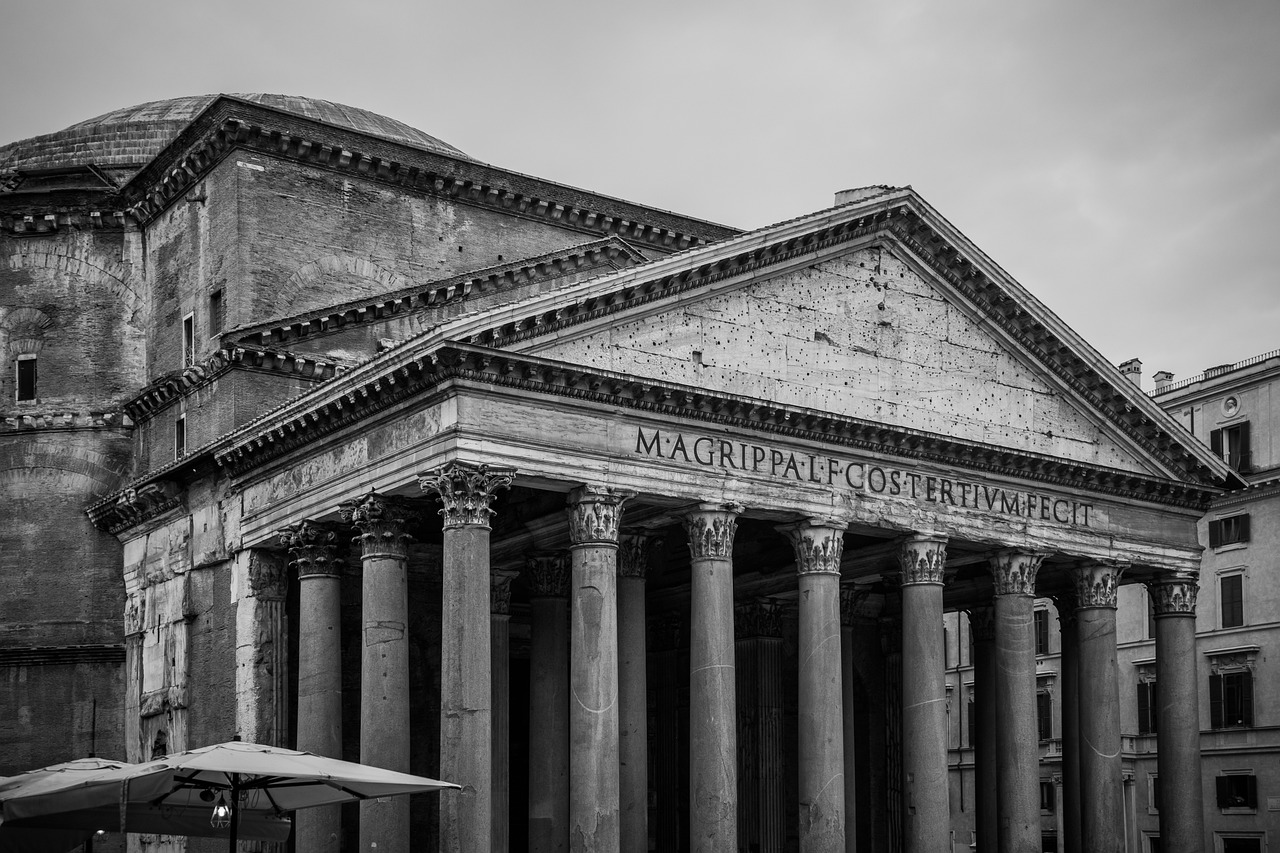
Impact on Roman Empire and Beyond
When it comes to assessing Trajan's impact on the Roman Empire and beyond, one cannot underestimate the profound influence he had on shaping the course of history. His reign not only left a lasting mark on the administration, culture, and military strategy of the Roman Empire but also reverberated across borders, influencing subsequent rulers and societies far beyond the reaches of Rome.
One of Trajan's most significant contributions was his expansion of the Roman Empire to its greatest territorial extent through his successful military campaigns. The conquests during his reign not only added vast lands to the empire but also brought diverse cultures and resources under Roman control, fundamentally altering the geopolitical landscape of the ancient world.
Furthermore, Trajan's architectural legacy, including iconic structures like Trajan's Column and the Forum of Trajan, not only showcased his commitment to urban development but also served as symbols of Roman power and grandeur. These monumental constructions not only beautified the city but also stood as testaments to Trajan's vision and legacy.
Moreover, Trajan's social reforms and welfare programs set a standard for future emperors in terms of caring for the well-being of Roman citizens. His initiatives, such as public baths, food distribution, and support for the urban poor, not only improved the quality of life for many but also solidified his reputation as a benevolent ruler who prioritized the welfare of his people.
Overall, Trajan's impact on the Roman Empire and beyond can be seen not just in the tangible aspects of conquests and constructions but also in the intangible legacy of governance, diplomacy, and social welfare that he bequeathed to future generations. His reign marked a golden age in Roman history, leaving an indelible imprint on the annals of civilization that continues to inspire and intrigue historians and enthusiasts alike.
Frequently Asked Questions
- 1. Who was Trajan?
Trajan was a Roman emperor who ruled from 98 to 117 AD and is known for his military conquests, public works, and social welfare programs during the peak of the Roman Empire.
- 2. What were Trajan's major accomplishments?
Trajan's major accomplishments include successful military campaigns like the Dacian Wars and the conquest of Mesopotamia, as well as architectural projects such as Trajan's Column and the Forum of Trajan.
- 3. How did Trajan improve the lives of Roman citizens?
Trajan improved the lives of Roman citizens through welfare programs, public baths, and food distribution, setting a standard for future emperors in terms of social reforms and public welfare.
- 4. What was Trajan's relationship with the Senate and the people?
Trajan managed relationships with the Senate diplomatically and maintained public support through his benevolent rule and accessibility to the people, showcasing his skills in governance and leadership.
- 5. What is Trajan's legacy?
Trajan's legacy includes his lasting impact on the Roman Empire's administration, culture, and military strategy, as well as his influence on subsequent rulers and societies beyond his reign.





